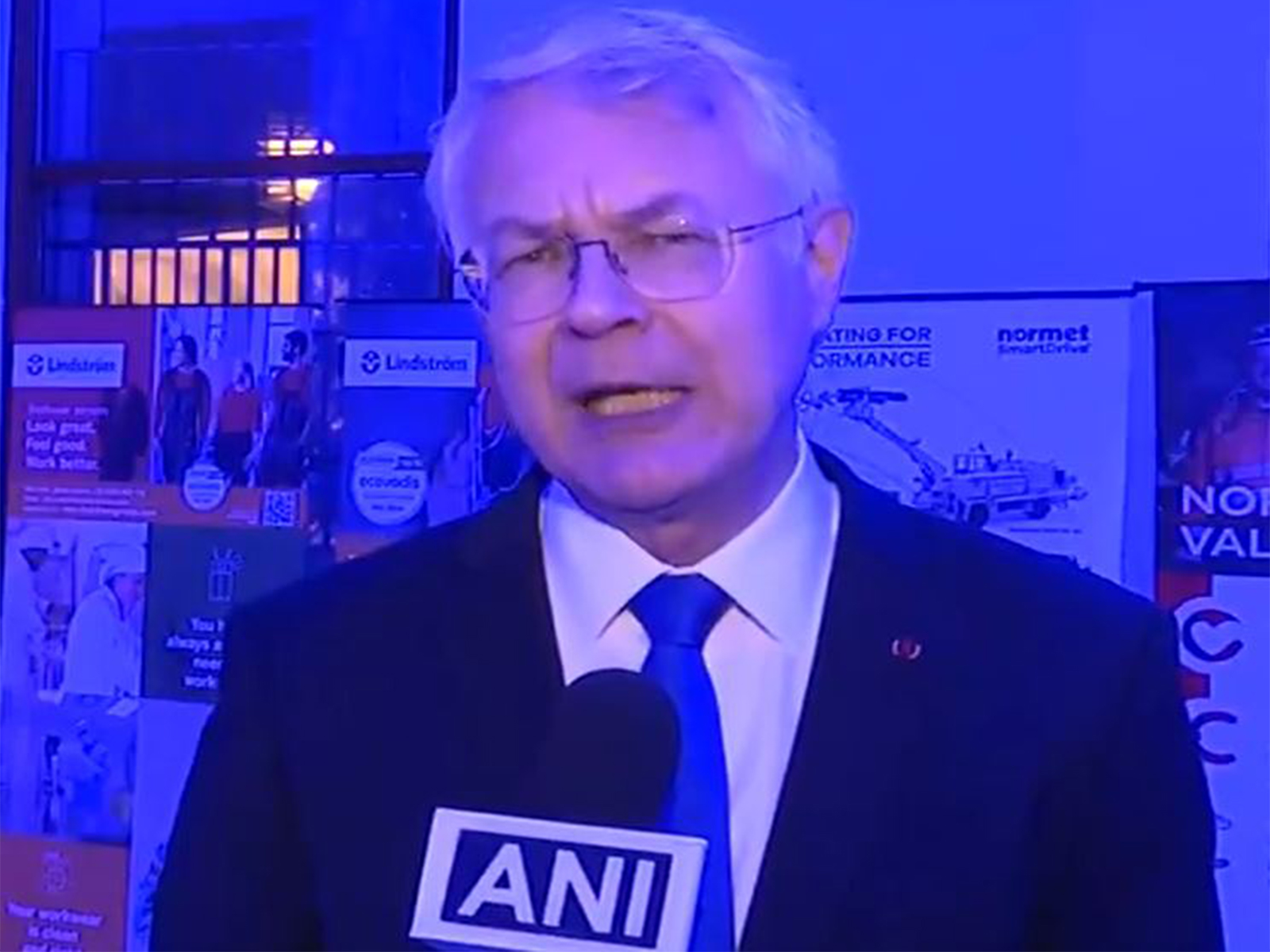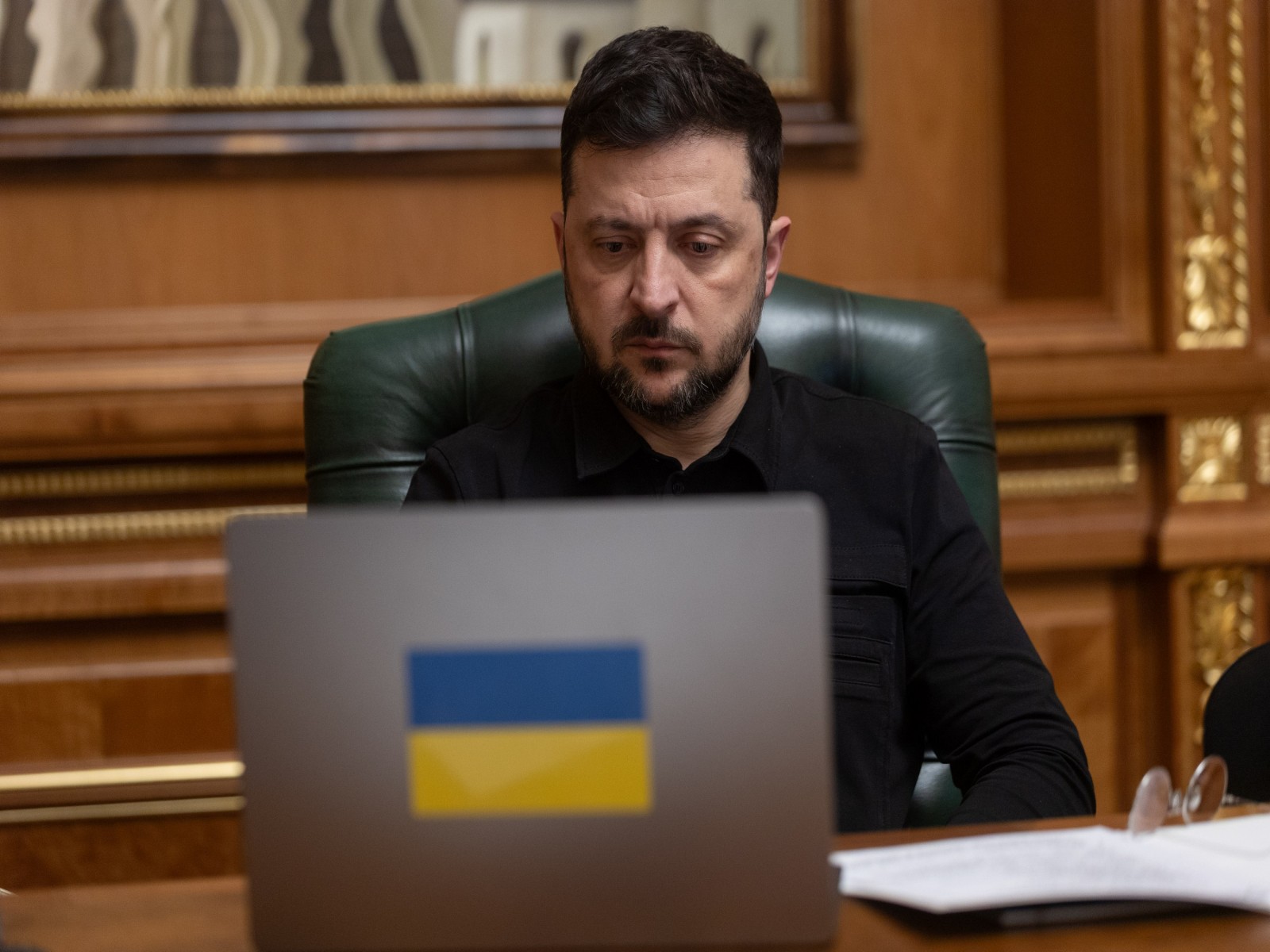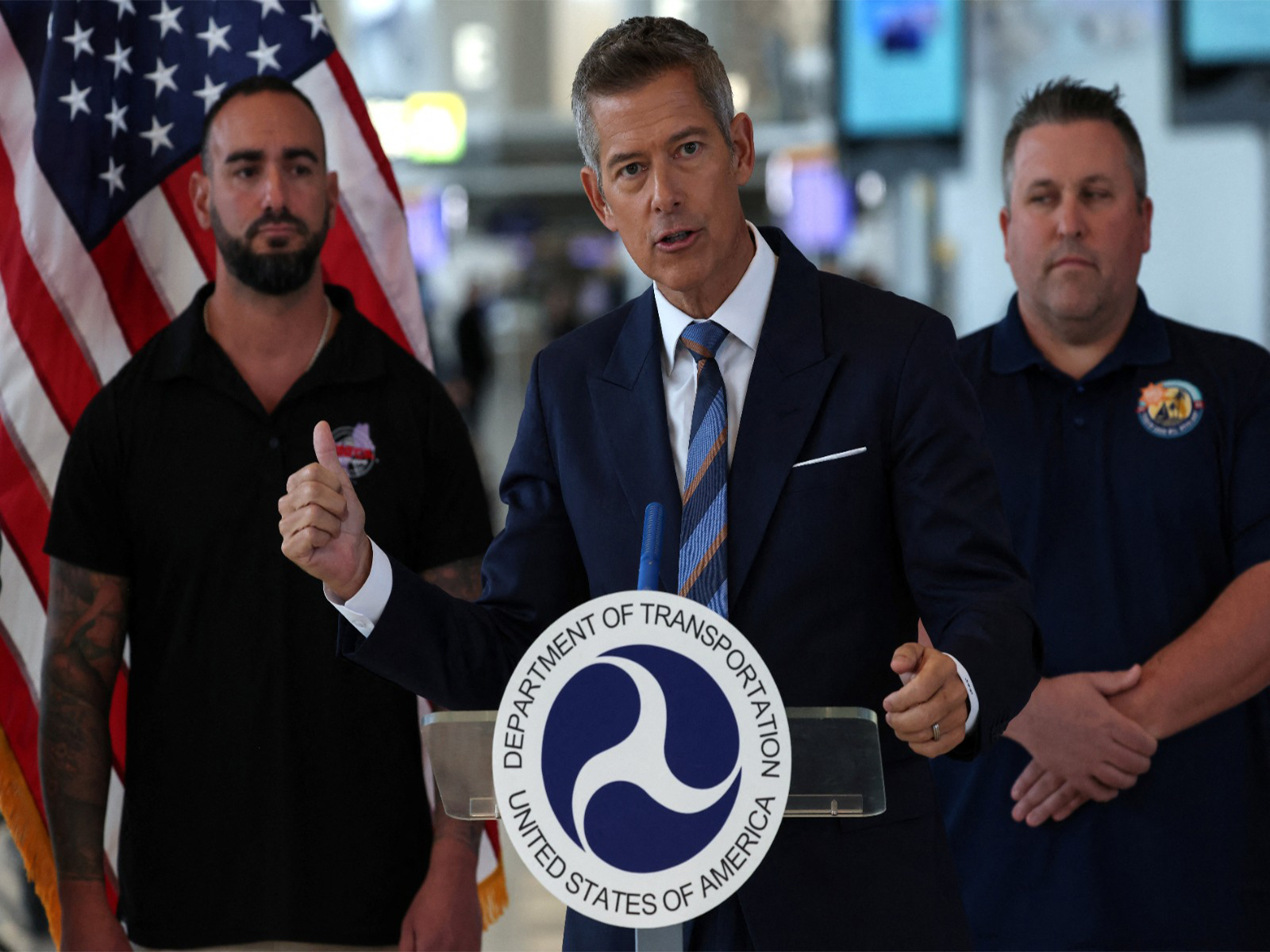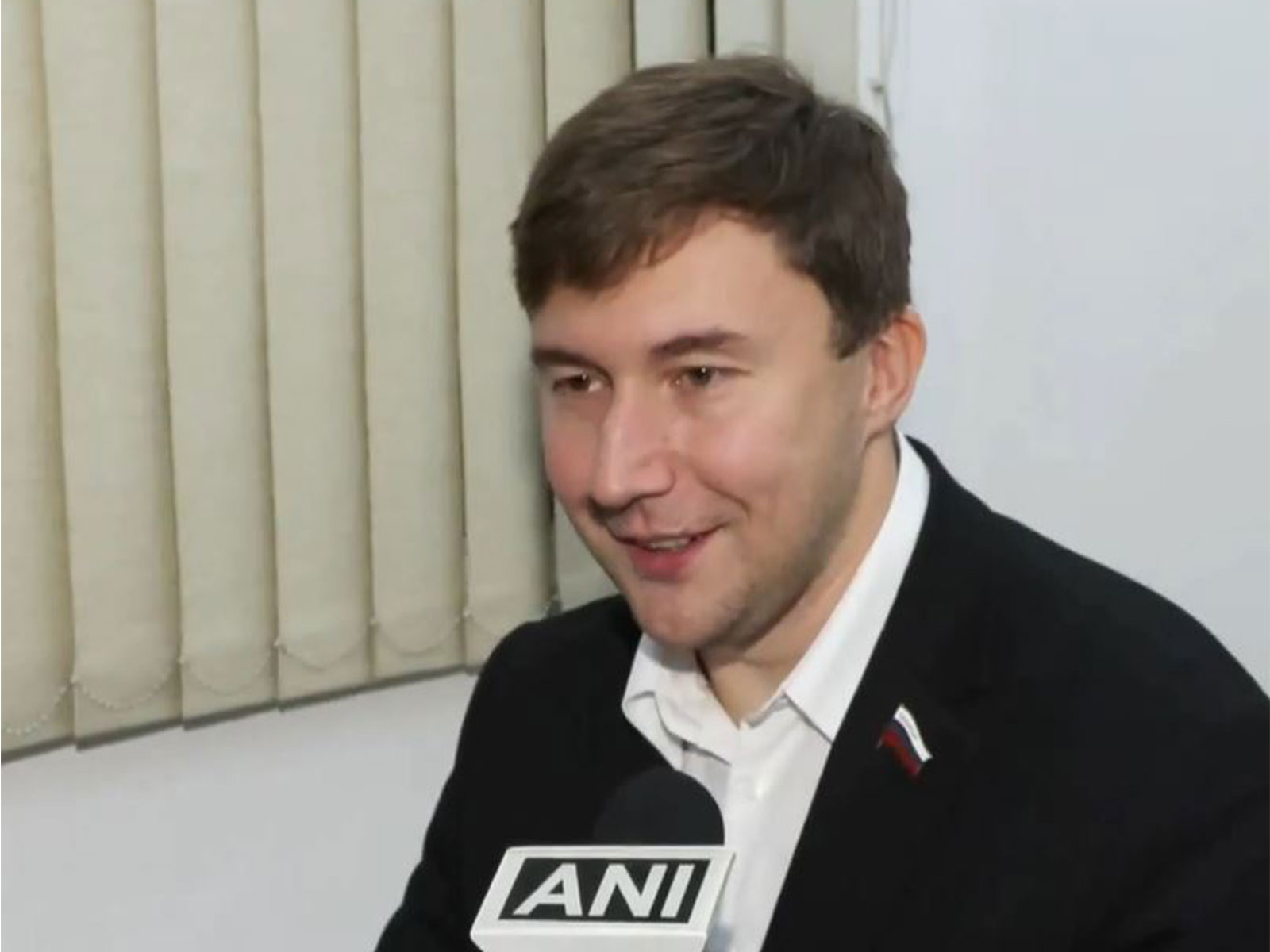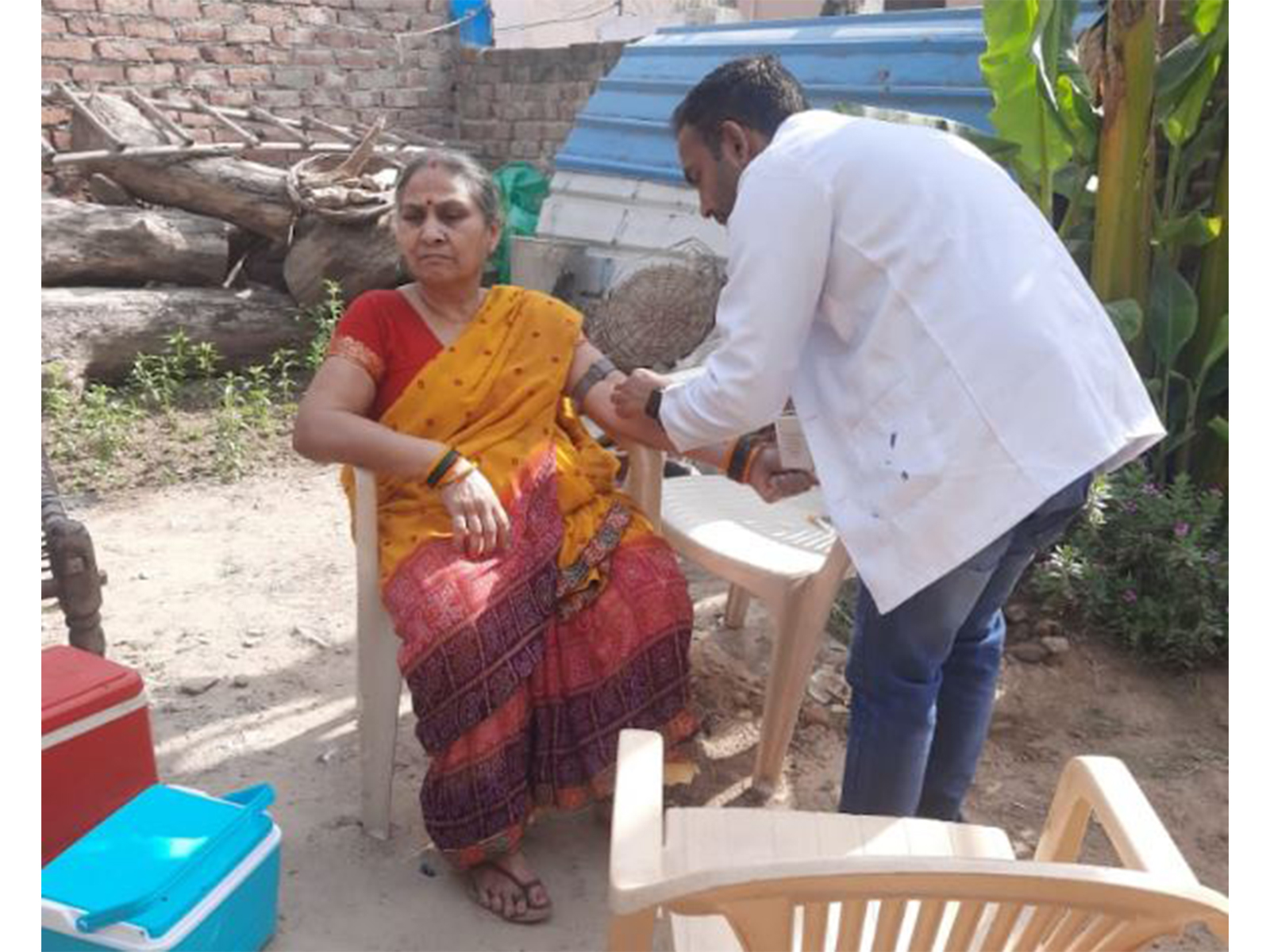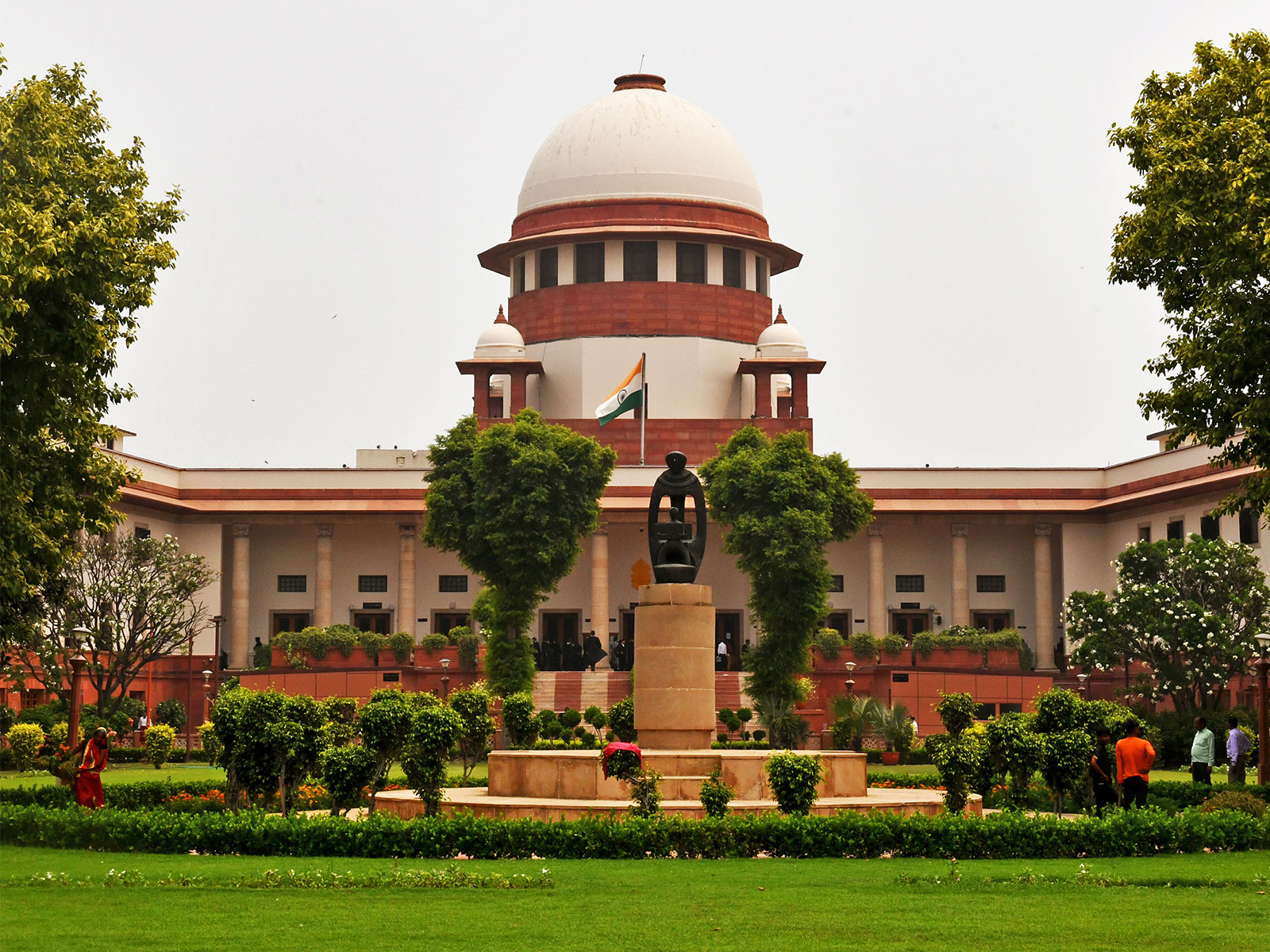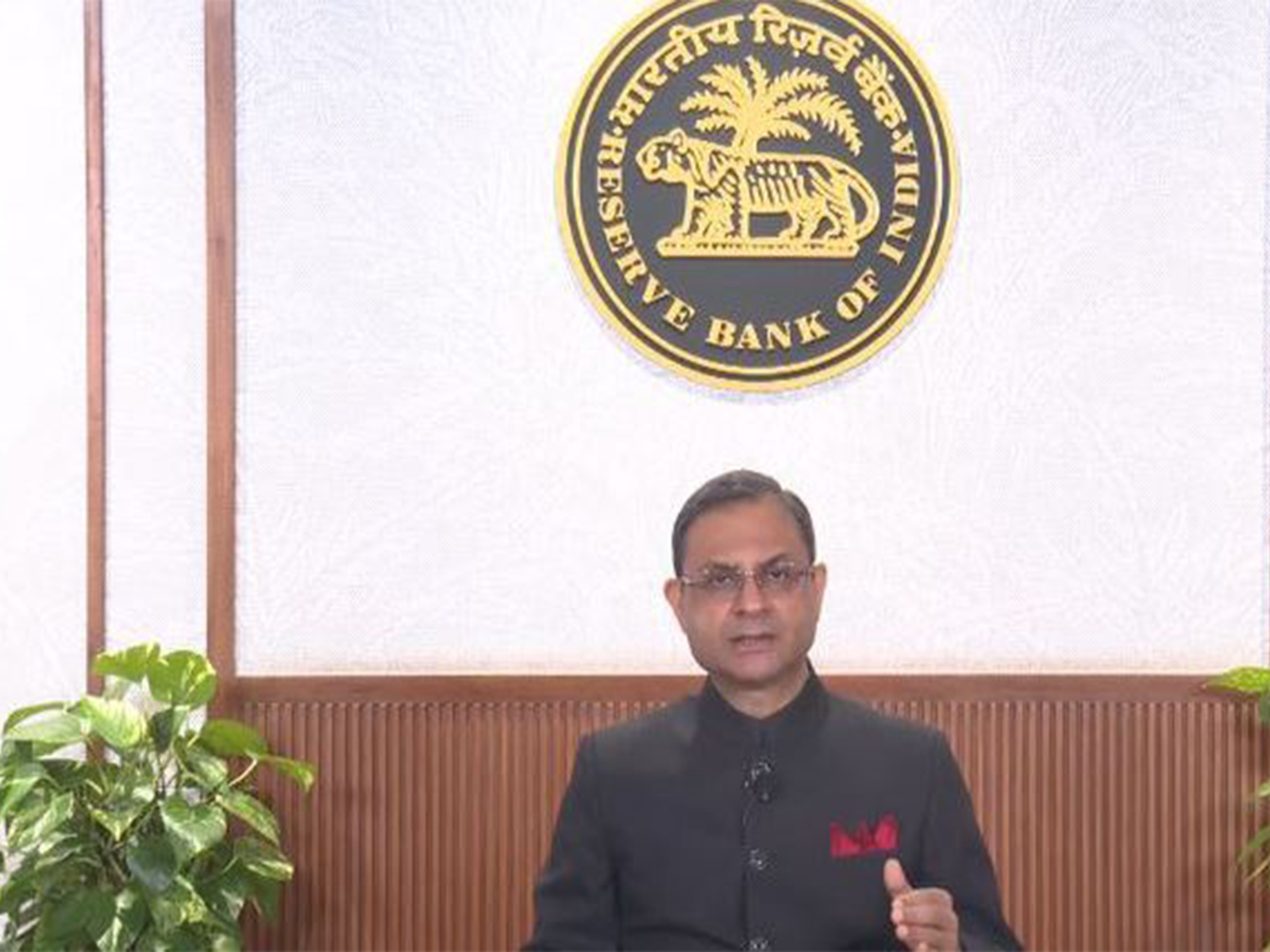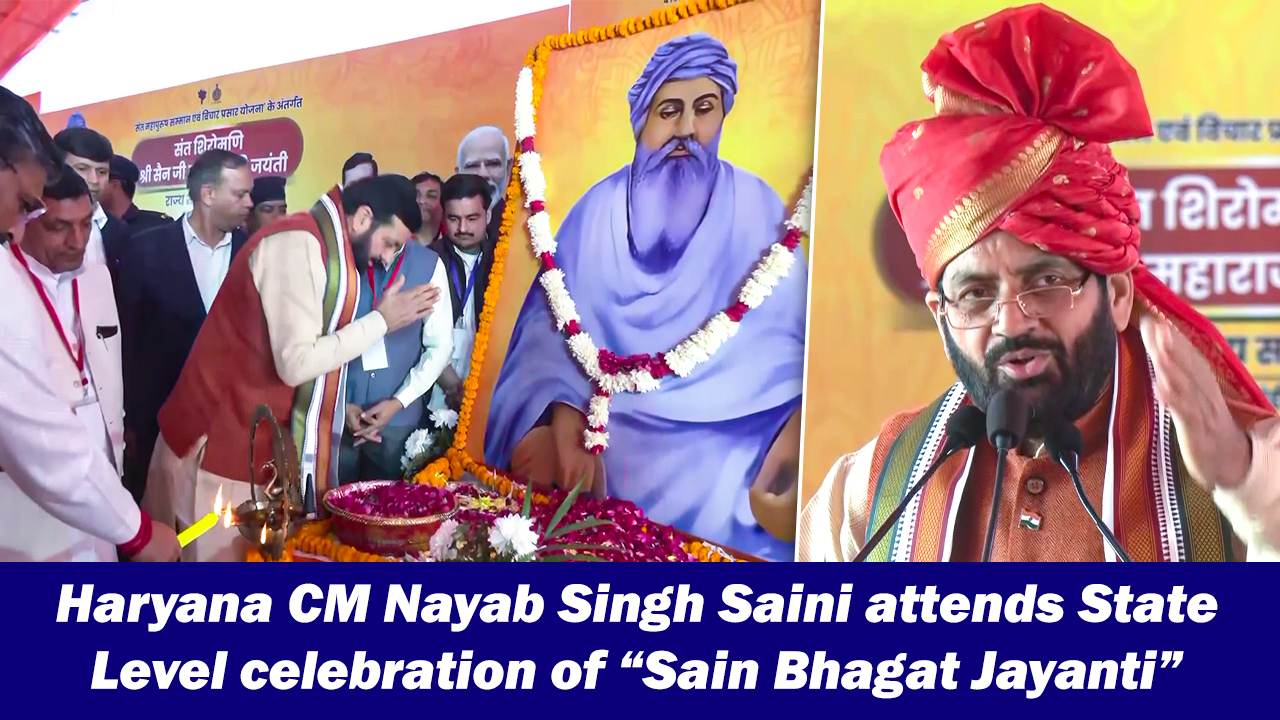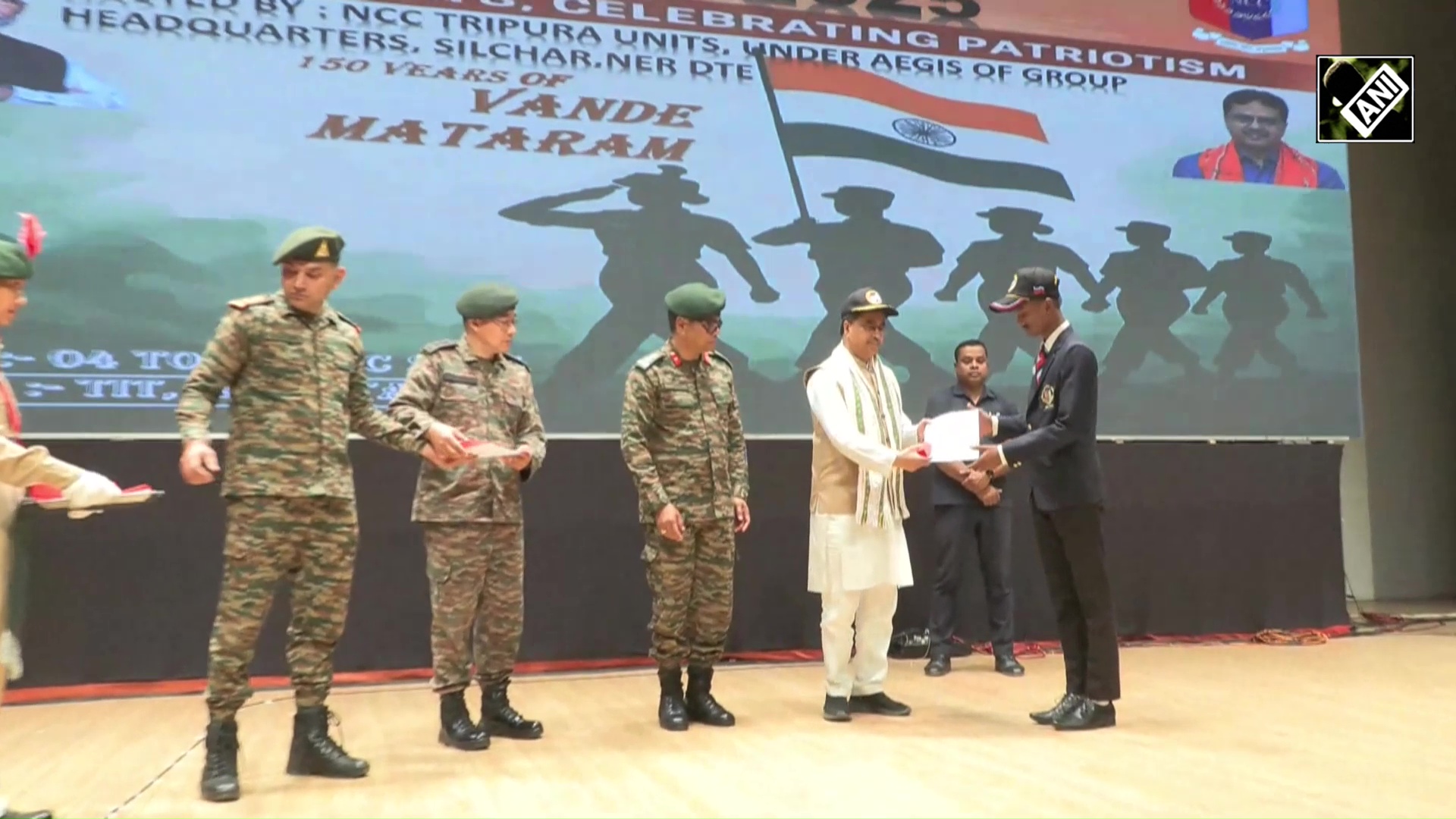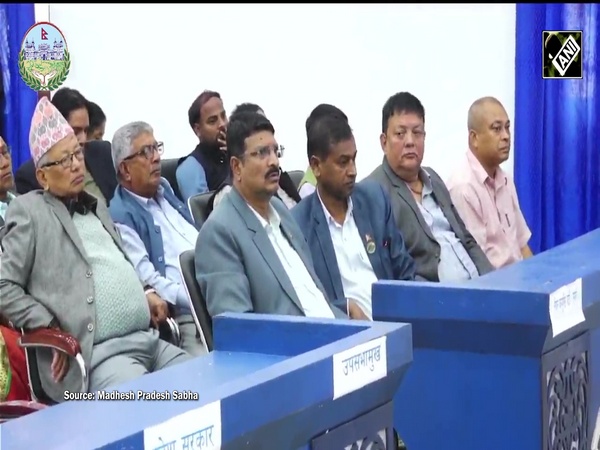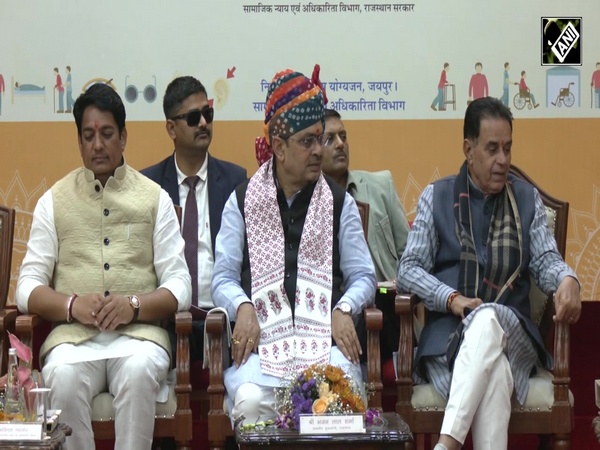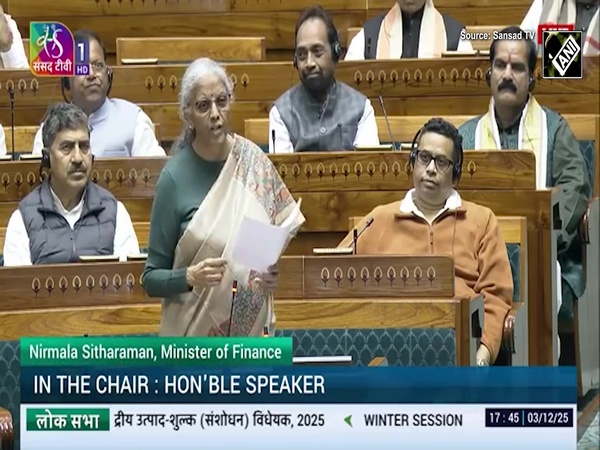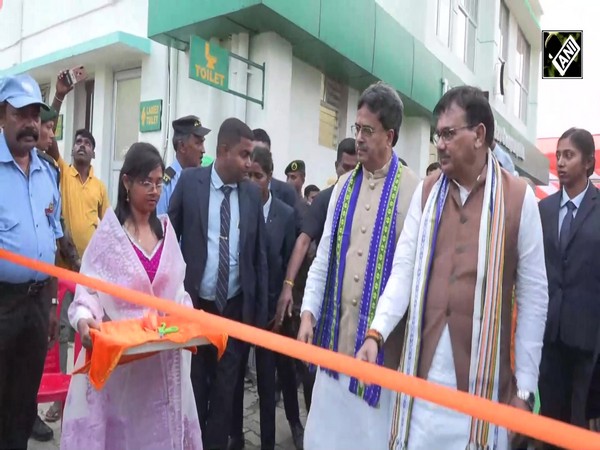American scholar defies Khalilzad's advice to India to open dialogue with Taliban
May 14, 2020

Washington [USA], May 14 : Michael Rubin, an American scholar, has strongly criticised United States' special envoy Zalmay Khalilzad's advice to the Indian government to talk to the Taliban.
"His advice is poor and suggests Khalilzad has become less a statesman and more of a gambler who, mired in losses, believes that if he is allowed to play one more hand, he can somehow pull victory from the jaws of defeat," said Rubin, a resident scholar at the American Enterprise Institute in Washington.
On his recent visit to New Delhi, Khalilzad told a newspaper that "India is an important force in Afghanistan and it would be appropriate for that (Taliban) engagement to take place."
The American scholar believes the problem has never been India's lack of engagement with the Taliban, however, but rather Khalilzad's own Afghanistan strategy.
"Its fatal flaw was Khalilzad's belief that the Taliban was an independent and indigenous political movement even though its leaders reside in Pakistan and take commands from Pakistan's Inter-Services Intelligence agency. It is the failure to address this simple fact that inflates Taliban ambitions," said Rubin.
He added, "Not only did Khalilzad cut the elected Afghan government out of the pact's negotiation, but he also long refused meaningful input from New Delhi when its input could have addressed key weaknesses."
Rubin said the simple fact is that Khalilzad has long had a blind spot for the Taliban. Their brutality toward women and ethnic and religious minorities was already apparent when Khalilzad accepted a position consulting for Unocal, which was trying to build a trans-Afghan pipeline and lobbied the US government to recognise the group. So, too was the Taliban's involvement in terrorism.
"I visited the Taliban's 'Islamic Emirate of Afghanistan' in 1999, travelling overland from Peshawar, Pakistan to Jalalabad and then onward to Kabul, Ghazni and Kandahar. At the time, the Taliban had assured gullible diplomats that they had quarantined Al Qaeda leader Usama bin Laden and closed terror training camps, but Rish Khor, a training camp outside Kabul used by Harkat-ul-Mujahideen, was still operating," he added.
In December 1999, the same group hijacked Indian Airlines flight 814 en route from Kathmandu to New Delhi and forced it to land first in Amritsar, Lahore and Dubai, before flying it to Kandahar, where the Taliban offered the hijackers protection, even though they had already stabbed a passenger to death.
Alas, evidence shows the Taliban has not changed despite Khalilzad's assurances.
On September 23, 2019, a joint US-Afghan raid killed Asim Umar, leader of al-Qaeda in the Indian subcontinent, in Taliban-controlled territory.
Indeed, many counter-terror analysts believe the Taliban is more entwined with Al Qaeda today than it was on the morning when hijacked airliners struck New York and Washington DC. Intelligence findings leaked a week after the signing of the US-Taliban accord concluded the Taliban never intended to abide by its commitments.
"While Khalilzad may press India to engage the Taliban, it is unclear whether the US government would accept the same advice if the shoe was on the other foot. In 1995, the United States formally designated Hezbollah to be a terrorist group. Yet today, Hezbollah maintains a growing presence not only in Lebanon, but also operates in Syria. Should Indian envoys visit Washington and demand the State Department engage Hezbollah, they would be politely shown the door," said the American scholar.
Likewise, in Somalia, al-Shabab's influence has grown despite its professed allegiance to Al Qaeda.
Rather than embrace the Khalilzad logic and talk to the Al Qaeda-affiliated militant group, the US and each of Somalia's neighbours have committed to defeating it. Nor did the international community negotiate with the Islamic State. The group's dishonesty and disrespect for international law made that a non-starter.
If the Taliban were a legitimate and indigenous Afghan movement, they would base their legitimacy on elections. The Taliban knows, however, that Afghans despise the Taliban as terrorists and recognise them not as real Afghans, but rather those serving a foreign master.
"Rather than demand India participate in a process which has become a farce, New Delhi should tell Khalilzad to address the real problem fueling conflict: Pakistan's double-game," said Rubin.
Given the Taliban's attacks on NATO assets and their Afghan allies, Khalilzad should come prepared to discuss revocation of Pakistan's "major non-NATO all" status.
He might also press for Pakistan's Financial Action Task Force blacklisting, make further international loans to Islamabad contingent on abandoning terror sponsorship and explore expanded mechanisms for India to support Afghanistan's legitimate government.
"Diplomacy may end wars, but only when democracies uphold their principles. New Delhi is; Washington should," said Rubin.
